Who traditionally pays for the wedding in Nigerian culture?
In Nigerian culture, weddings are taken very seriously and respected especially a traditional wedding. When it comes to the financial responsibility for the wedding in Nigerian culture, it often falls on the groom and his family.
However, customs can vary significantly among the country’s many ethnic groups.
Traditionally, the groom’s family is expected to cover the majority of the wedding expenses, including the bride price, also known as “bridewealth” or “dowry,” which is a cultural requirement in many Nigerian ethnic groups.
This payment is a symbolic gesture demonstrating the groom’s ability to provide for the bride and is often negotiated between the families.
What does a Nigerian bride price include?
The bride price can include cash, livestock, food items, clothing, and other gifts, depending on the tribe’s specific traditions.
For instance, among the Igbo people, the bride price list can be quite detailed, including various items that the groom’s family must present to the bride’s family.
In contrast, among the Yoruba people, the bride price is often more symbolic, with a focus on mutual respect and union rather than economic transactions.
In addition to the bride price, the groom’s family typically finances the traditional wedding ceremony, known as the “engagement ceremony” or “introduction,” which involves extensive celebrations, feasting, and gift exchanges. This ceremony is usually held in the bride’s family home and serves as the formal agreement of the union.
The bride’s family, on the other hand, may contribute to the wedding expenses by organizing the traditional wedding attire, decorations, and sometimes catering for certain aspects of the festivities.
In modern times, it is also common for the bride’s family to support in the costs of the white wedding if supportive, which is influenced by Western traditions and includes the church ceremony and reception.
However, with the influence of modernization and changing economic circumstances, many Nigerian couples now opt for a more collaborative approach to wedding expenses. It is increasingly common for both families to share the financial burden, and in some cases, the couple themselves may contribute significantly to cover the costs of their wedding.
Overall, while traditional customs still play a vital role in Nigerian weddings, contemporary practices have introduced more flexibility and shared financial responsibility among the couple and their families.
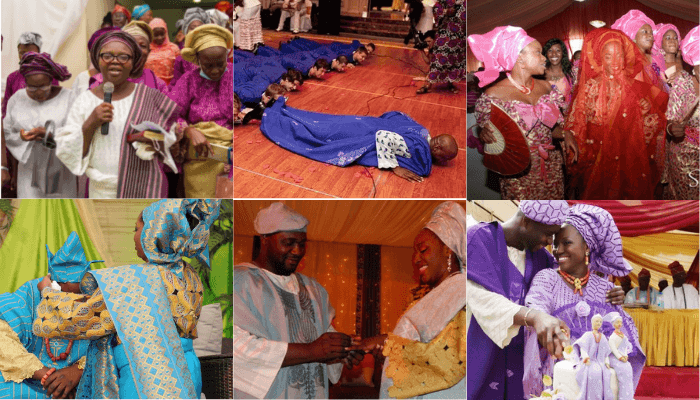
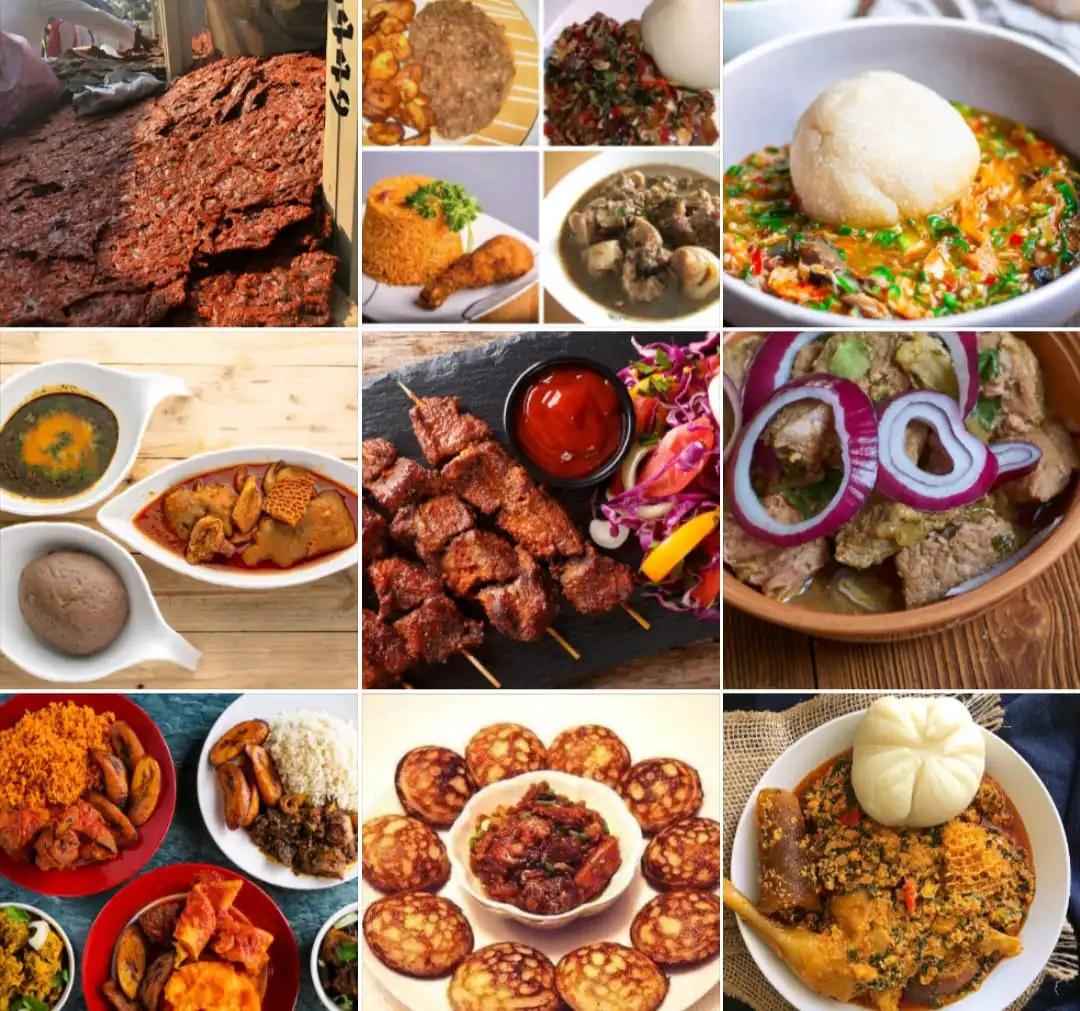
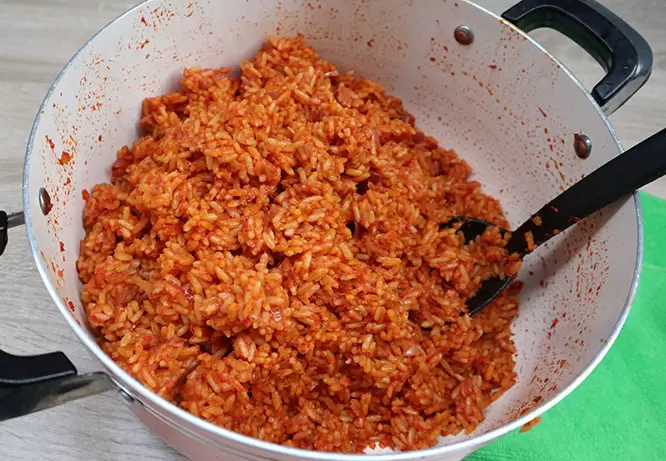

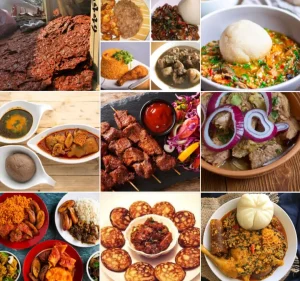







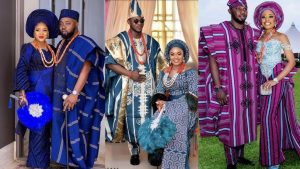
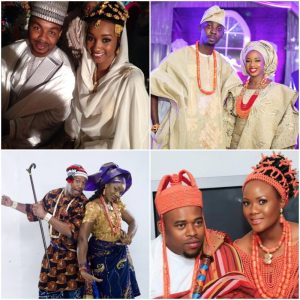
Post Comment